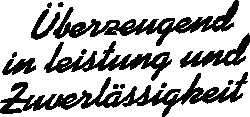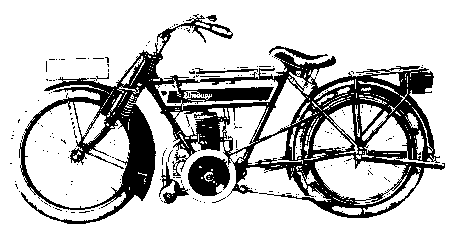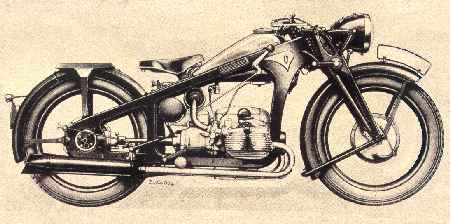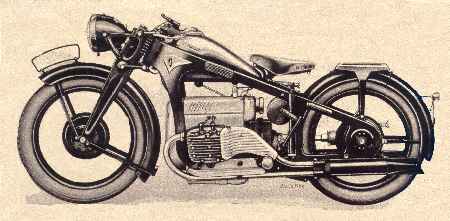 |  |  |
1922 saw their first effort, a small two stroke with external flywheel and belt drive.
 All through the twenties they continued making small one cylinder two strokes and slowly the marque
managed to secure a position. They even marketed four strokes equipped with English made Python engines.
Into the early thirties the Zundapp remained in developing their small two strokes.
All through the twenties they continued making small one cylinder two strokes and slowly the marque
managed to secure a position. They even marketed four strokes equipped with English made Python engines.
Into the early thirties the Zundapp remained in developing their small two strokes.The great change in the factory program was revealed at the Berlin show in 1933 as Zündapp produced a full range of engine sizes from 200cc to 800cc. The large capacity bikes had been equipped with shaft drive, and most mediumsized and large ones had got the new frames made of pressed steel, not tubular like the small ones.
The gear boxes were also revolutionary as the transmission was through three constant mesh duplex chains and gearchanging ing was conducted through a moving drivedog.

"Sporting machine"
This new "K" range of Zündapp really stirred some attention as it included motorcykles for just about any purpose. The fastes stock machine was the OHV driveshaft (kardan) 500cc "Kardan Sport" KS-500. This was light and powerful and was marketed for those who wanted a sporty long distance tourer. Later the more heavy duty KS-600 were bought in large numbers by the Wehrmact. It was considererd a light sidecar machine compared to the pure military purpose KS-750 with its all wheel drive option and 16 speed forward and 4 in reverse. My KS-500 is rare in the matter that it has a NORWEGIAN civilian history from before the war. In 1938 this expensive bike was registered in Sandvika near Oslo

"Heavy Duty Machines"
In addition to the OHV, Zündapp also had sidevalve series with less perfomance and equipmenet.
The modest "work horse" K-500 had an unusual bigger brother, the K-800. It had an opposed four cylinder sidevalve engine with a sedate performance, but with a bottom torque to haul heavy sidecars. To illustrat this, the carburetor was situated at the rear top of the engine block and it fed the four cylinders through an inlet duct about a finger thick and almost 40 centimetres long.
My 1939 K-800 has a very usual past as a transporting means for the green robed tourist who visited Norway from 1940-1945.